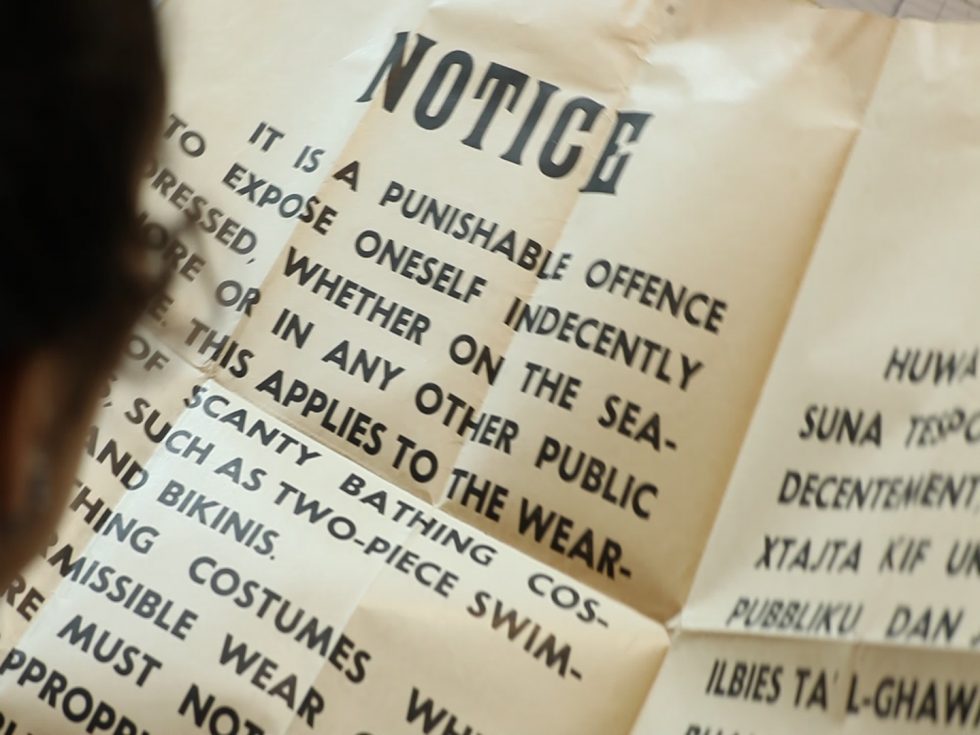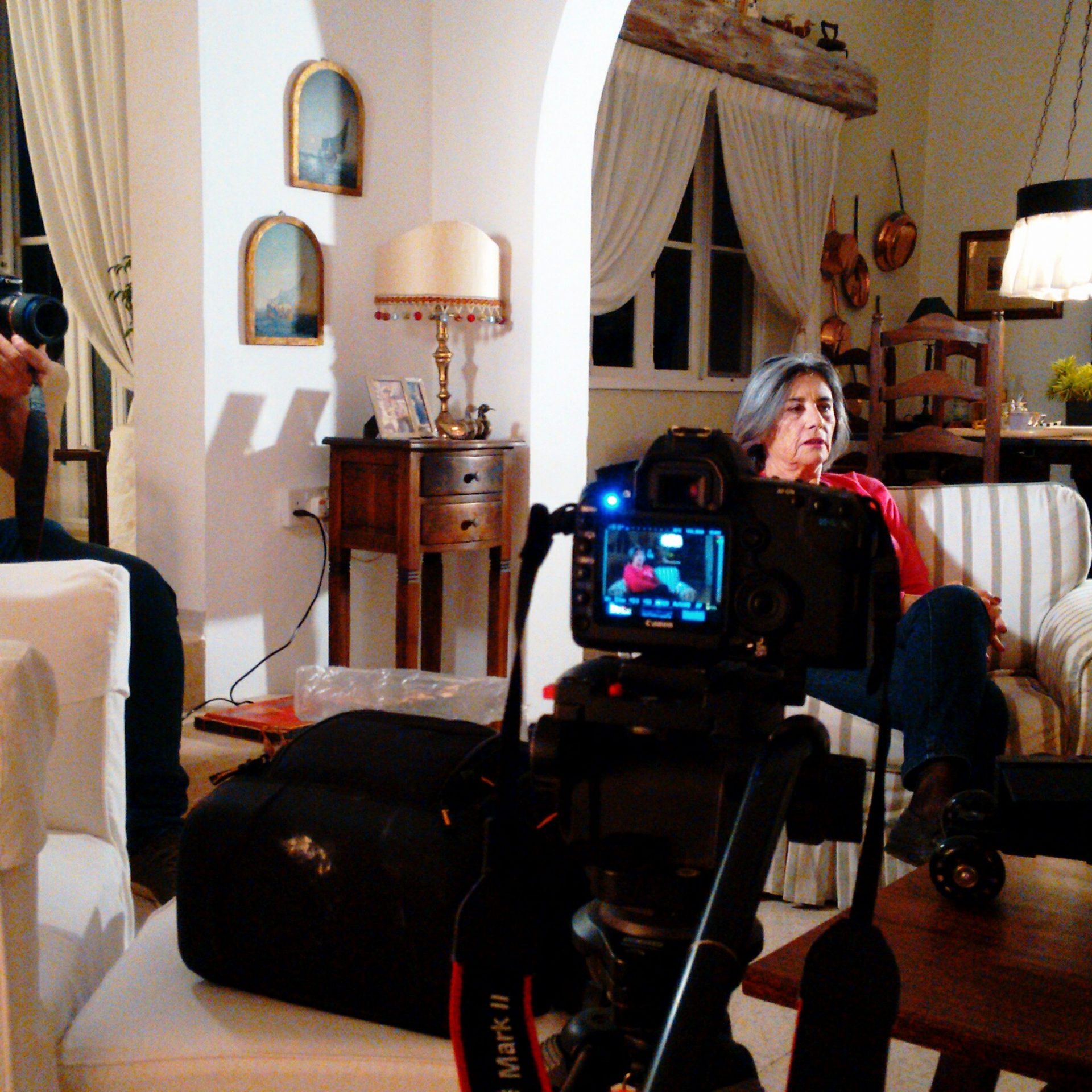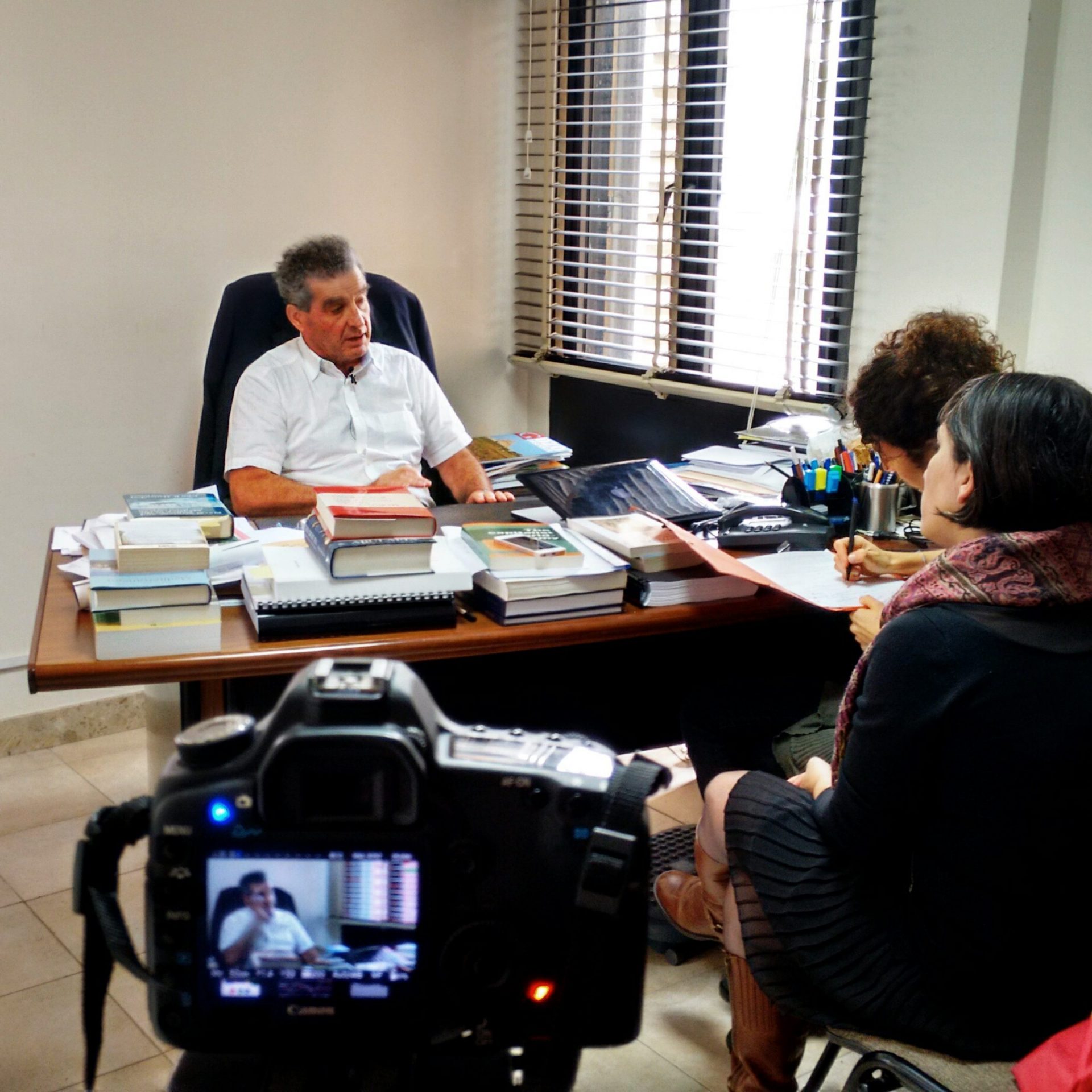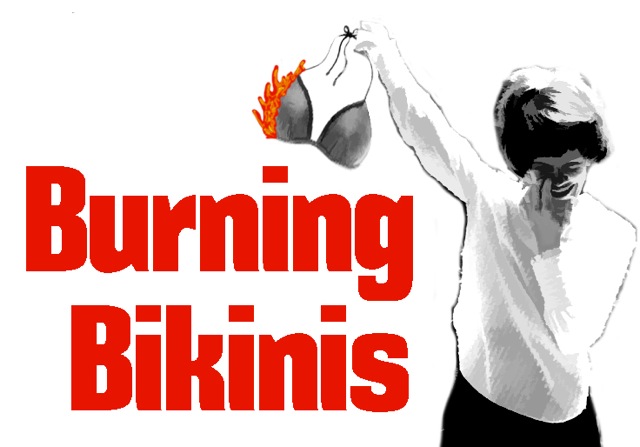
Timeframe
1 March 2016 – 28 February 2017.
Supported by:
This project is funded through the Arts Council Malta, Creative Communities.
Background
Burning Bikinis takes its cue from the introduction of the bikini into Maltese seaside culture in the early to mid-60’s, and the social and religious furore that surrounded it.
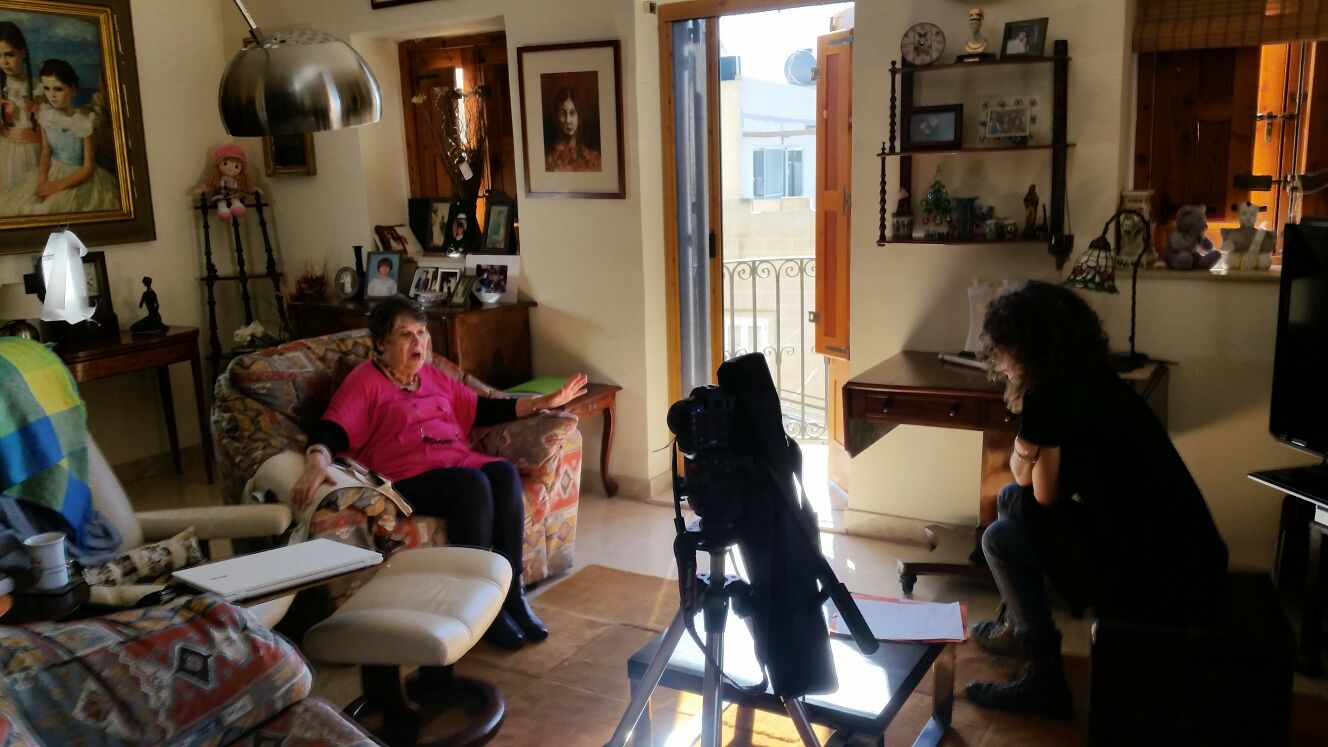
Photo credit: Emmanuel Tut Rah-Farah, Alessandro Tesei.
The project reflected on this period in the light of female emancipation in Malta and the various actors that had and still may have a role today. The study starts from the bikini, a seemingly frivolous piece of clothing, in order to explore the social and cultural impact it had on Maltese society from a gender perspective.
Although we work extensively with anti-discrimination topics, we have only briefly touched on women’s rights and gender roles. The Burning Bikinis project allows us to explore feminism in Malta from a historical perspective by looking at events that happened in Malta, through talking to those who lived it and adopting an introspective voice by inviting Malta to reflect on today’s role of women in the community.
We feel this is also relevant in the light of recent debates in Malta on the veil, and other cultural influences that impact the way Maltese women see themselves and are seen by society.
“I was in Malta in 1969 when a shapely British tourist was arrested for wearing a bikini on the beach. A friend of mine knew the girl and sent a photograph of her wearing her bikini to the Daily Mirror. This was published on the front page with the whole ridiculous story. After this dose of publicity there were no further arrests and bikinis became common.”
Activities
The first phase consisted of extensive research on the period in question, whilst consulting with key actors to comment on the historical events and their meaning from a gender perspective. This research was complemented by filmed interviews on memories of that period and commentaries on Malta’s brand of feminism.
During the second phase the interviews and information gathered during the first phase were edited into a short film that will be shown to the public. Further dissemination will include newspaper articles, podcasts and a public discussion.
The aim of Burning Bikinis is ultimately for the community to reflect on recent history which remains largely unexplored, to take stock of it and to make it their own.
Collective memory will be tapped into to elicit popular perceptions of gender stereotypes, their evolution and their impact on contemporary Maltese society.
The next step would be for the public to use those events in order to analyse the effect this had on gender roles and on female emancipation in Malta. Finally, the participants, readers, spectators will be made to consider the status quo 55 years later, to ask: what is the shape of Maltese feminism?
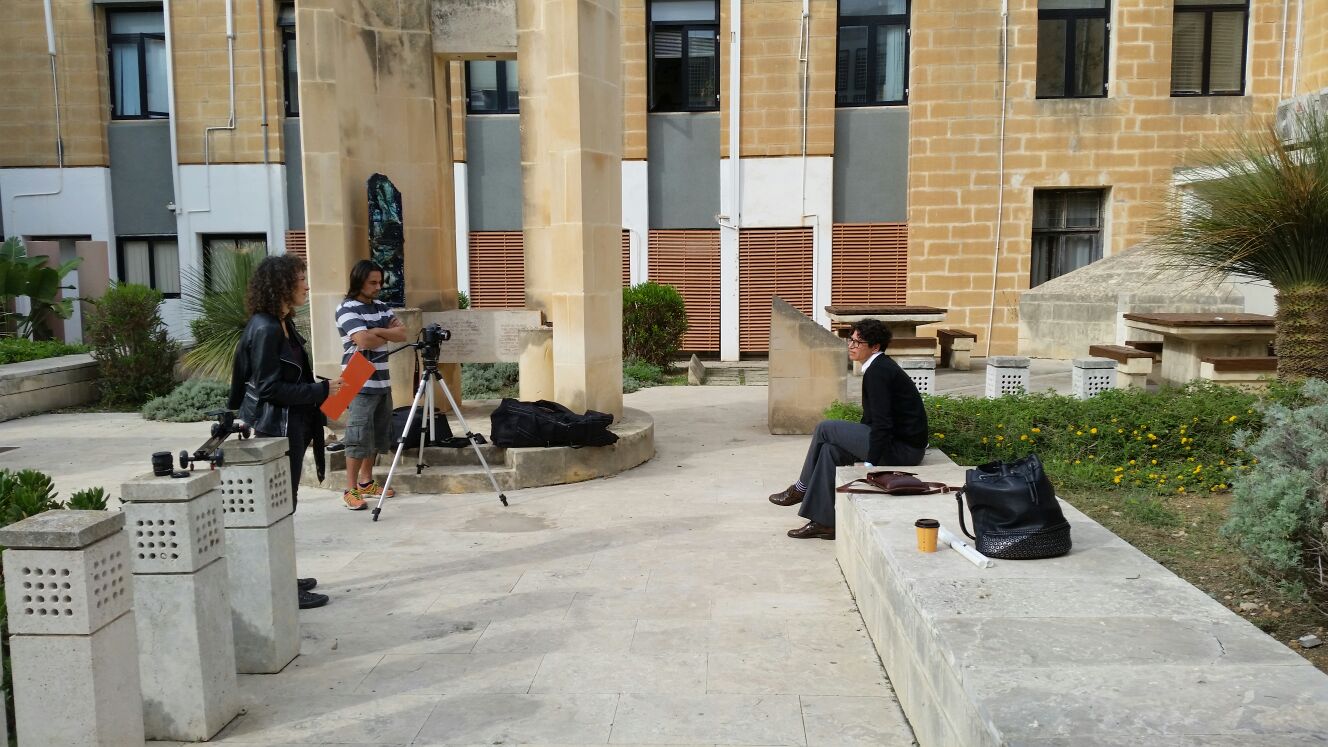
Photo credit: Emmanuel Tut Rah-Farah, Alessandro Tesei.
Do you have any particular memories of bikinis being burnt? Do you have any particular thoughts on Malta’s feminist movement? Want more information on the project? Contact Carla (carlacamilleri@aditus.org.mt) or Antonella (antonellasgobbo@aditus.org.mt)
With the support of
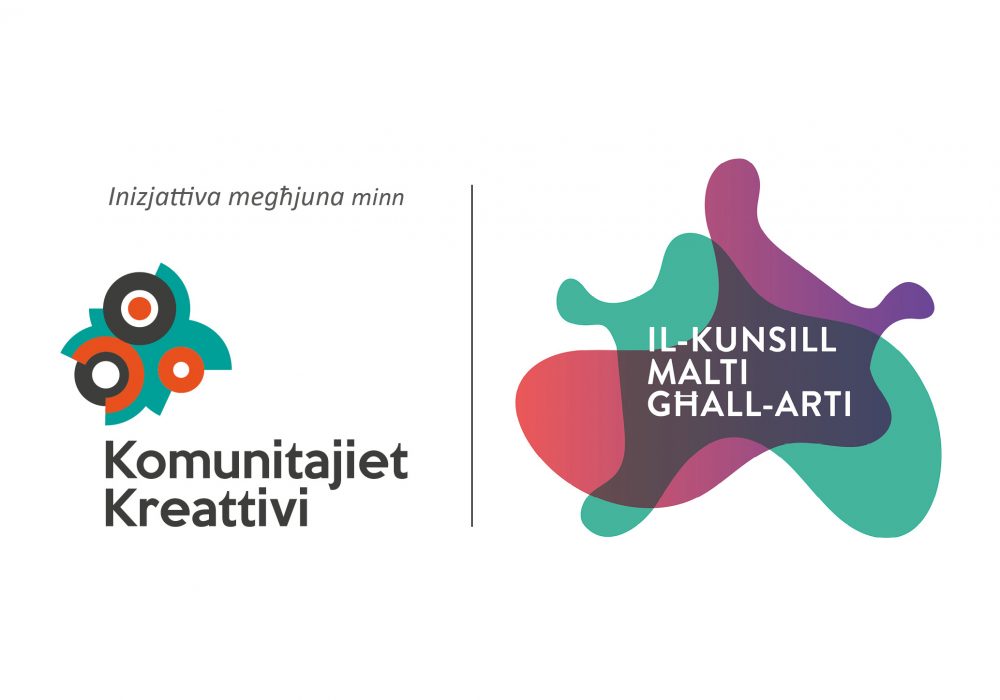
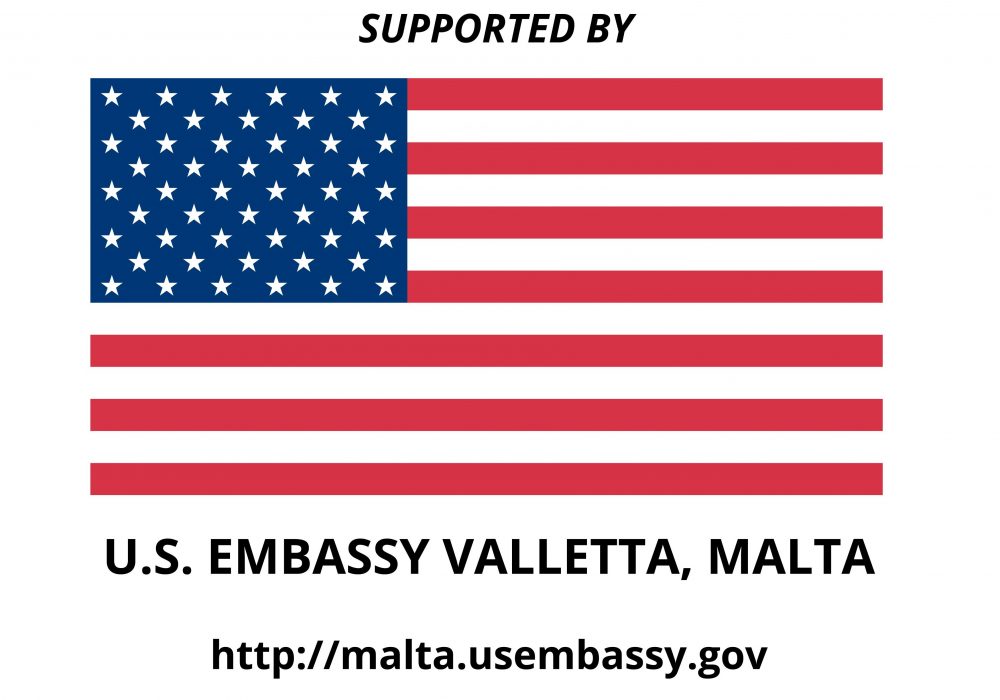
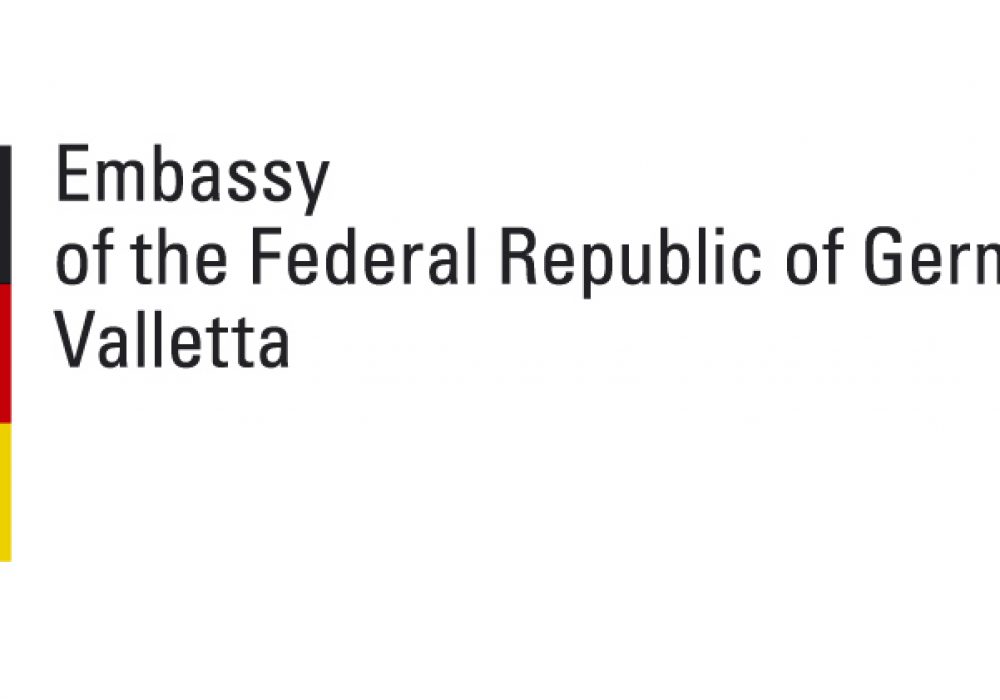
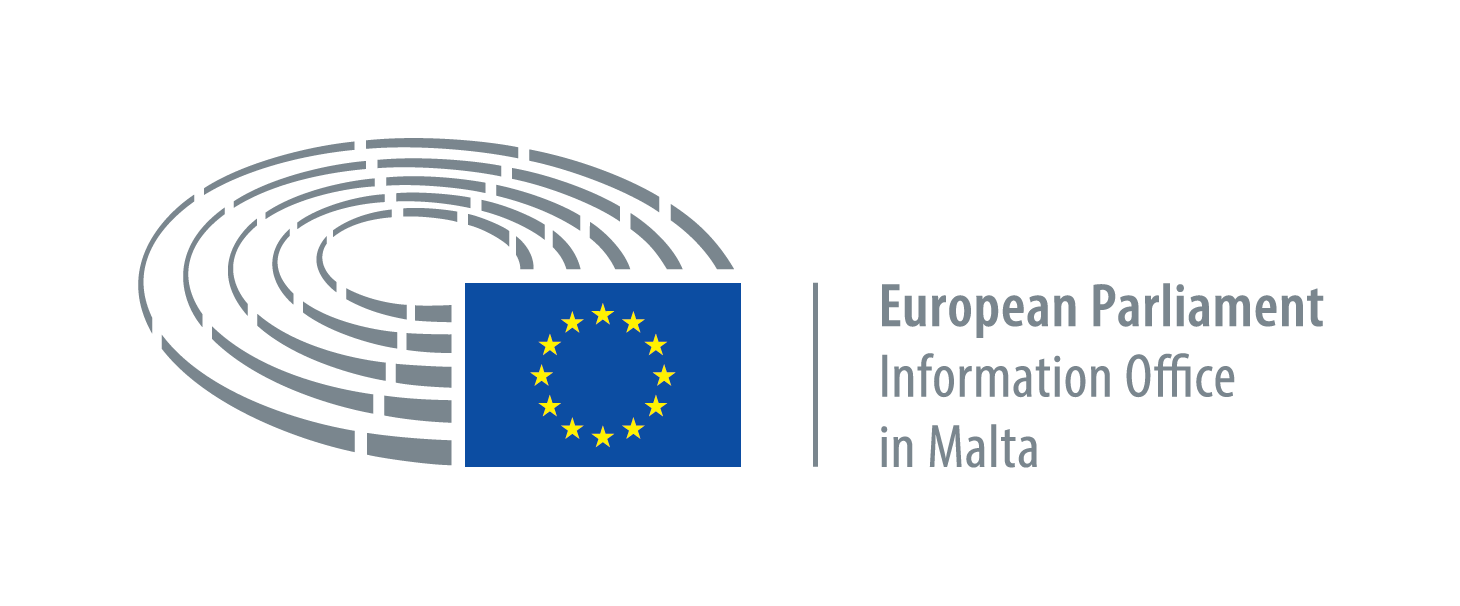
Photo credits: Emmanuel Tut Rah-Farah, Alessandro Tesei
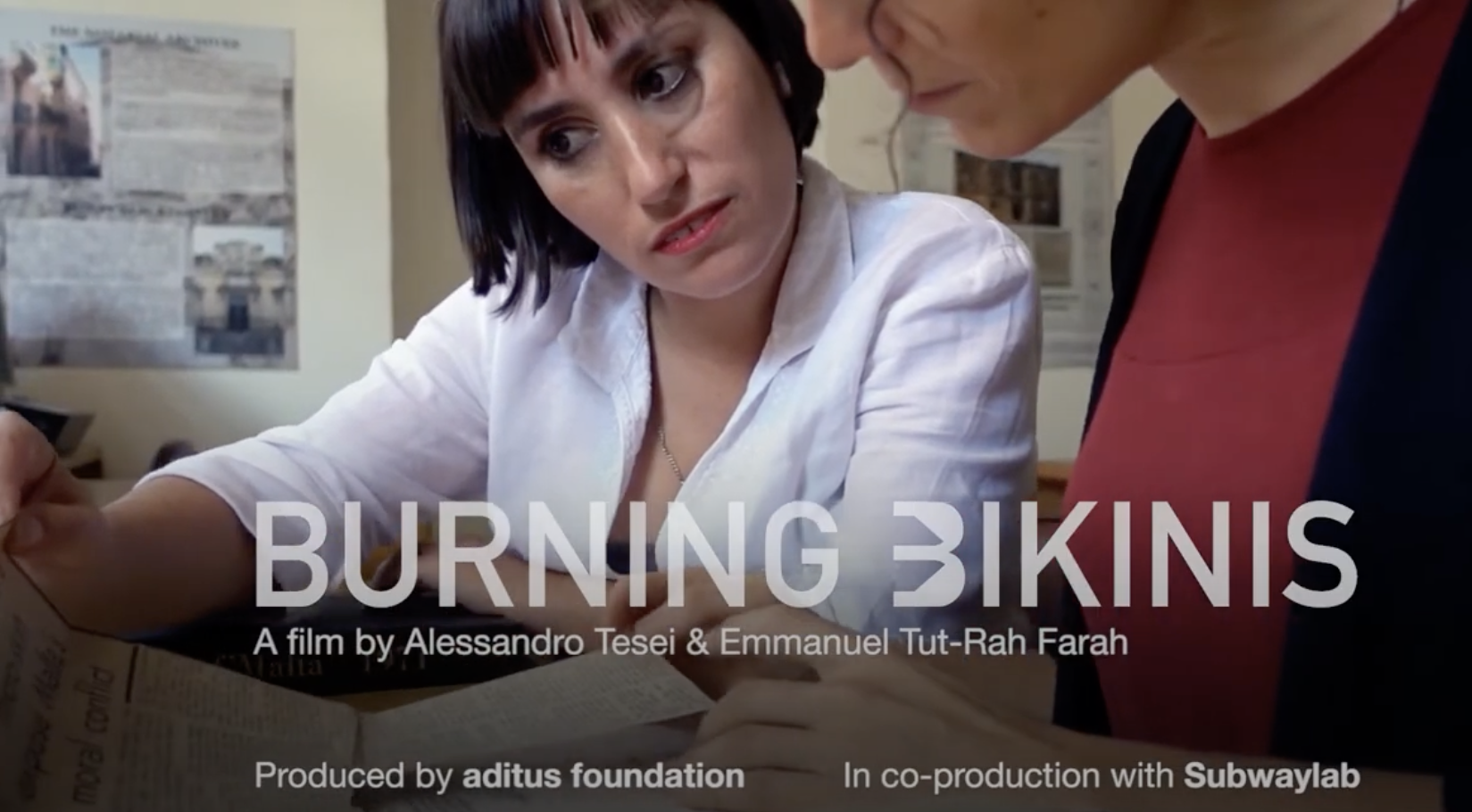
Women’s absence from highest democratic institutions is extremely worrying
The presence of women in Malta’s highest democratic institutions is alarmingly low: only 16% of electoral candidates in 2013 were women, one female Cabinet Minister out of 14, nine female Members of Parliament, and six female judges out of 23. The fact that Malta’s President is a woman is nothing more than a convenient statistic for some, but no real consolation for most. These figures are in sharp contrast to those showing female graduates outnumbering male ones, the proportion of read more
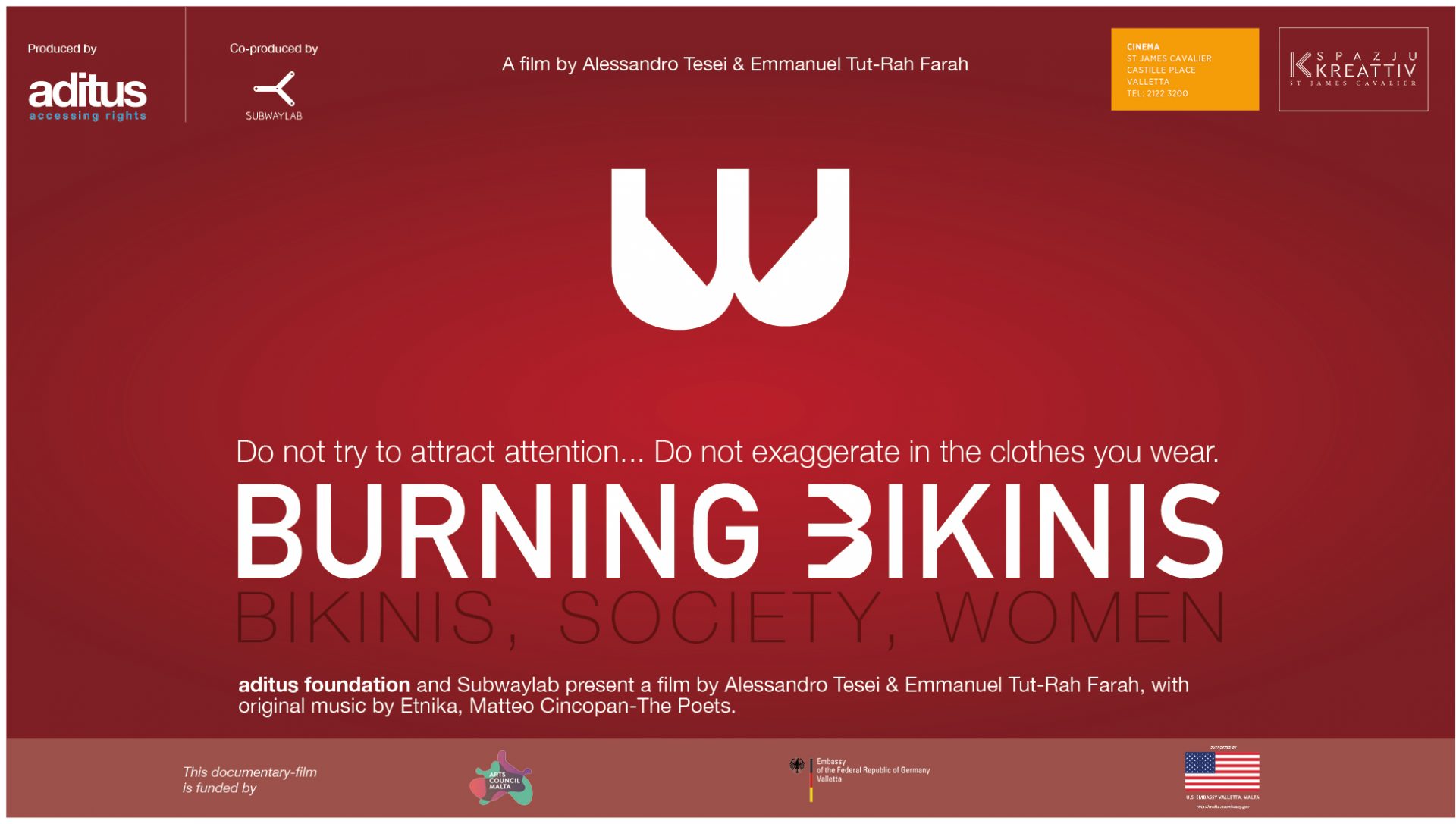
International Women’s Day
Screening: Burning Bikinis On the occasion of International Women’s Day 2017, aditus foundation and the European Parliament Office in Malta shall be screening the documentary-film Burning Bikinis on the 3rd March @ 3pm – Spazju Kreattiv at St James Cavalier, Valletta. A debate will follow the screening with the participation of: Dr Therese Comodini Cachia, MEP Dr Miriam Dalli, MEP Dr Maria Pisani, Lecturer and Activist Dr Virginia Monteforte, Anthropologist Ms Pauline Miceli, Commissioner for Children Ms Lorraine Spiteri, Chairperson MCWO Moderated read more
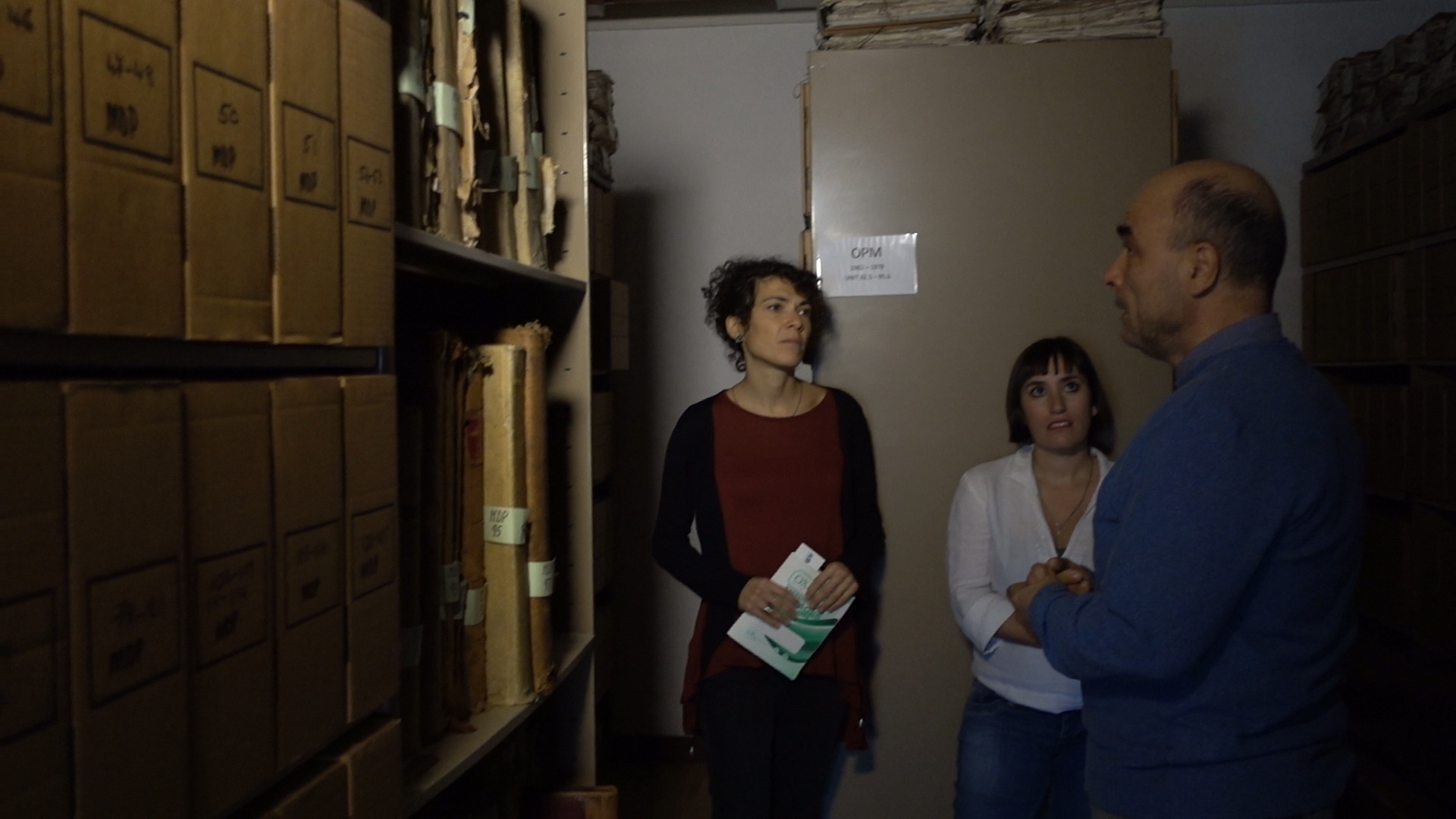
Screening of Burning Bikinis: Bikinis, Society, Women
Screening: 3rd March, 2017 @ 15:00 – Spazju Kreattiv at St James Cavalier, Valletta “Attention girls: … Do not try to attract attention by laughing or talking loudly in a public place… Do not exaggerate in the clothes you wear. Boys are very often embarrassed if the girl they are with is wearing too mini a skirt, too much make-up or a dress which is too low cut. – Times of Malta, Friday June 7, 1968” As an International Woman’s Day event aditus will read more
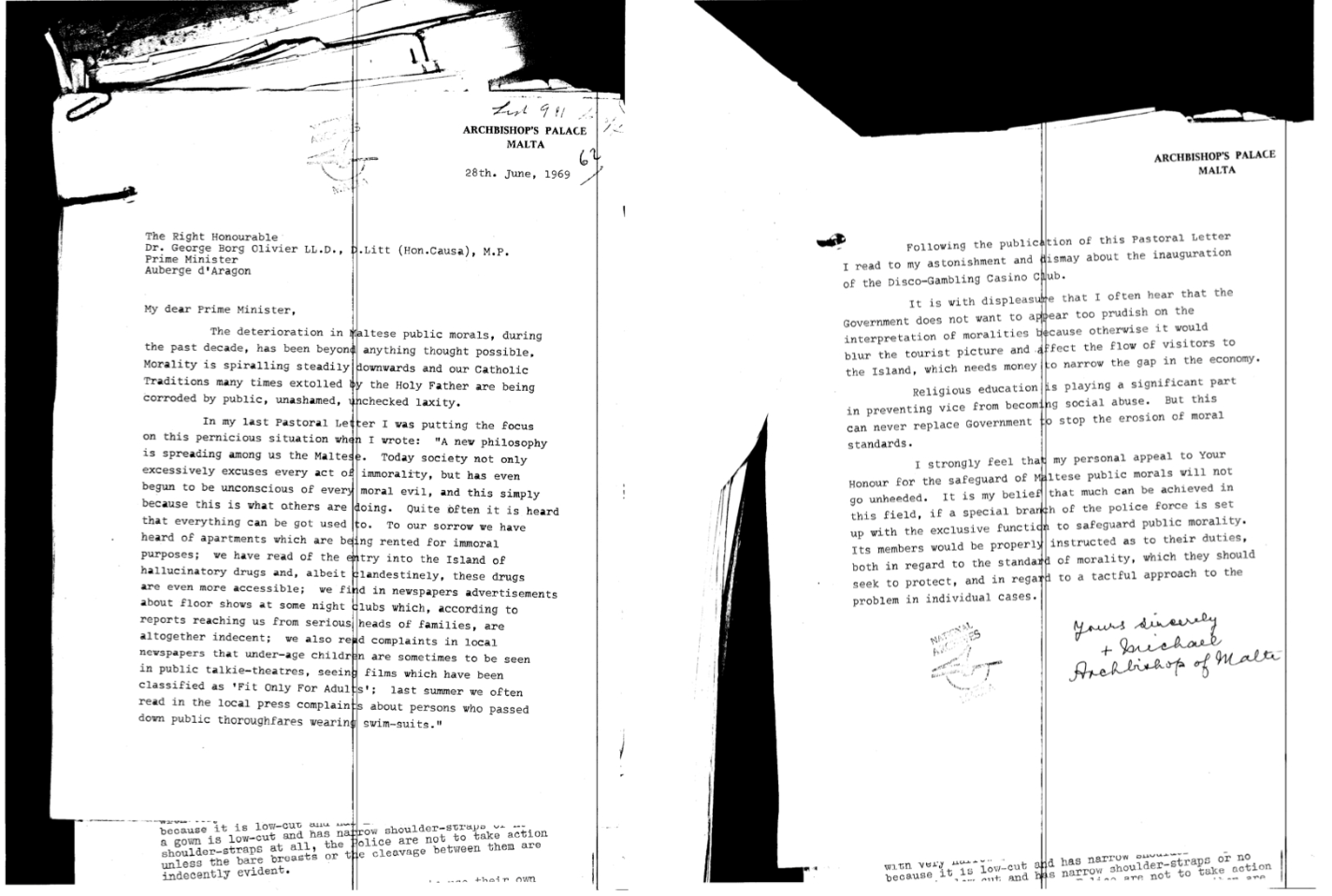
Burning Bikinis – Bikinis, Society, Women
Antonella and Carla have been busy carrying out research for Burning Bikinis. This week they looked through relevant Cabinet Papers covering the years between 1964 and 1969 with the helpful assistance of Joseph at the National Archives in Rabat. The documents contained correspondence, memos and newspaper clippings of the furore surrounding the “deplorable state of public morals” (Ref: OPM/413/51 Memo 1348, Courtesy of the National Archives) and the suggestions of the setting up of a special branch in the Police Force to safeguard read more
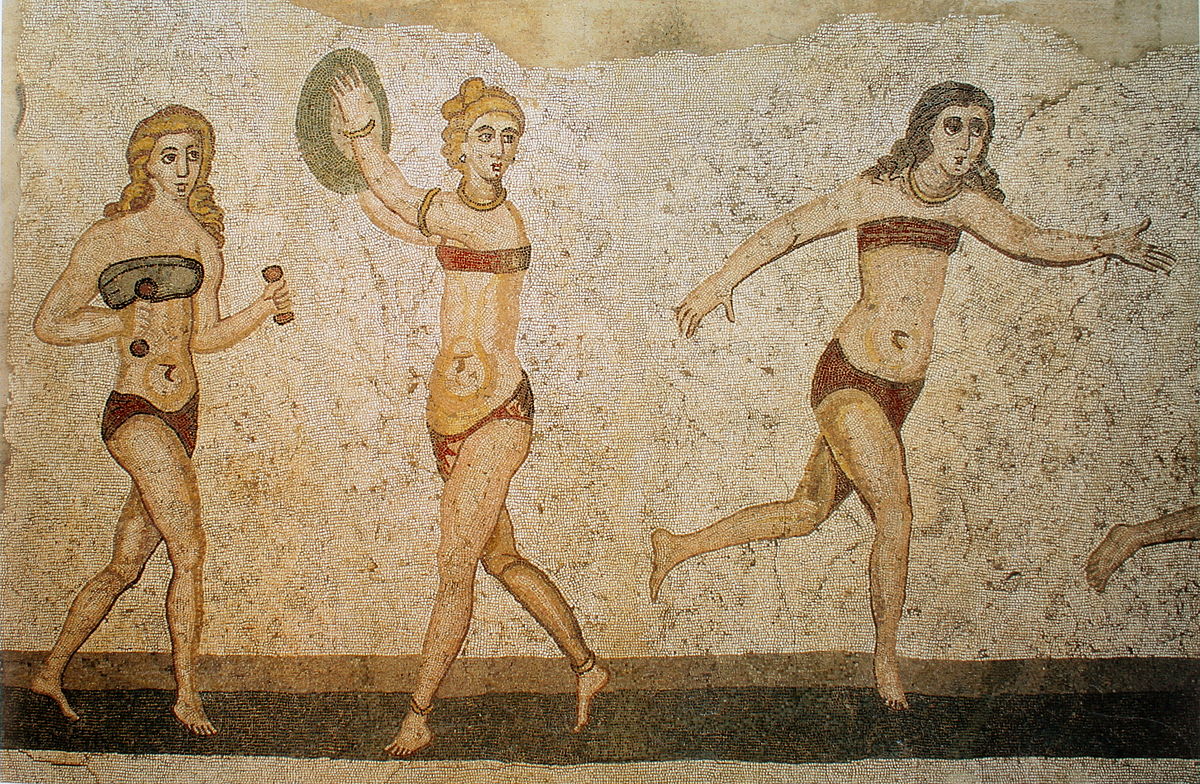
New project: Burning Bikinis!
Although we work extensively with anti-discrimination topics, we have only briefly touched on women’s rights and gender roles. The Burning Bikinis project (1 March 2016 – 28 February 2017) will allow us to explore feminism in Malta from a historical perspective by looking at events that happened in Malta, through talking to those who lived it and adopting an introspective voice by inviting Malta to reflect on today’s role of women in the community. We feel this is also relevant in the light of recent debates in Malta on the veil, read more


